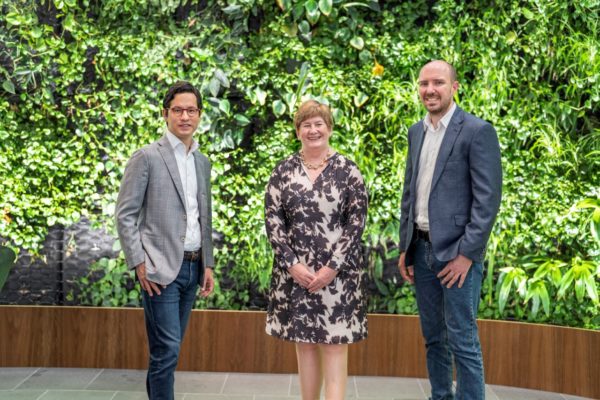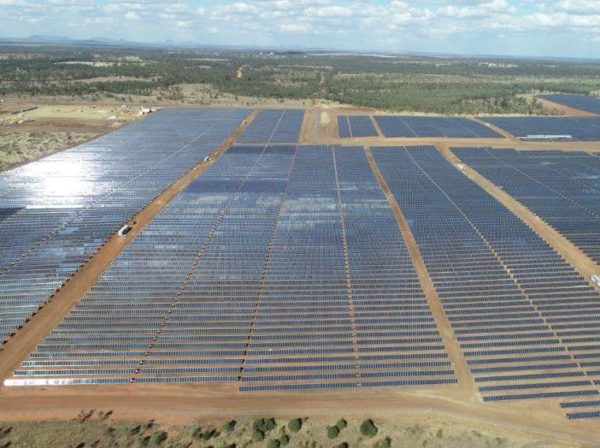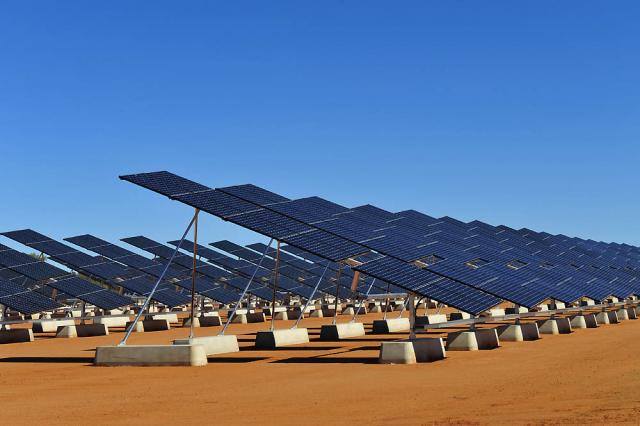Ark Energy, a wholly owned Australian subsidiary of Korea Zinc announced it will acquire a 100% interest in utility-scale wind and solar energy developer Epuron in a move which will support its ambition to become a major domestic supplier and exporter of green hydrogen and accelerate Korea Zinc’s vision to become one of the world’s largest producers of green zinc.
Ark Energy said it would acquire 4.2 GW of early-stage wind and solar development projects located across the National Electricity Market (NEM) jurisdictions with a focus on Queensland, New South Wales (NSW) and Tasmania. It will also acquire 4.8 GW of projects in the investigation stage and continue to deliver about 5.8 GW of projects under existing Joint Development Agreements (JDAs) that Epuron has already struck with other counterparties
The deal will see Epuron’s team of renewables developers transfer to Ark Energy, along with a 50% stake in Fulcrum3D, a data company specialising in monitoring and forecasting renewable energy sources, and about 7 MW of fully contracted off-grid solar generation assets in the Northern Territory.
The companies did not disclose the acquisition price.
Ark Energy chairman and Korea Zinc vice chairman Yun Choi said the deal will contribute to the group’s long-term ambition to develop a new green energy export corridor from Australia to South Korea and fast track Korea Zinc’s shift to renewable energy.
“Ark Energy’s commitment to accelerate the energy transition requires us to significantly enhance our capability to develop and build out a large renewable energy portfolio,” he said.
“We will leverage our parent company’s strong balance sheet to expand Epuron’s existing business model and leverage the group’s internal demand from the production of green non-ferrous metals, and our own demand from green hydrogen production, to fast-track the build out of Epuron’s development portfolio.”

Image: Ark Energy
Korea Zinc has pledged to power its entire operations with 100% clean energy by 2050 and to that end, Ark Energy has already announced plans to develop a renewable hydrogen facility at its Sun Metals zinc refinery in Townsville.
The SunHQ hydrogen hub, which will be equipped with a 1 MW electrolyser, is expected to produce about 158 tonnes of green hydrogen per annum, powered by renewable energy from the 124 MW Sun Metals Solar Farm located next to the refinery.
The buyout of Eporon follows Ark Energy’s acquisition earlier this year of a 30% stake in Acciona Energy’s 923 MW MacIntryre Wind Farm in Queensland which is scheduled to be fully operational by 2024.
Established in 2003 by Andrew Durran and Martin Poole, Epuron has developed more than 3 GW of wind and solar capacity around the country with about 1 GW of that now operating or under construction.

Image: CNW Electrical
Among its developments are the 90 MWp Clermont Solar Farm in Queensland, since sold to German-owned developer Wirsol, and the 132 MWp Nevertire Solar Farm in north-west NSW, which was purchased by Elliott Green Power in 2018.
Poole said the company has been part of a significantly changing energy market since its establishment over 18 years ago.
“With the energy transition accelerating, it is a hugely positive step for us to be joining a group with Ark Energy’s track record and shared vision to scale up investment in renewable energy production in Australia,” he said.
“We have made a significant contribution to Australia’s energy transition to date and look forward to doing even more over the next chapter with Ark Energy.”
Ark Energy’s acquisition of Epuron remains subject to standard regulatory approvals, including Foreign Investment Review Board (FIRB) approval. The transaction is expected to be completed in the first half of 2022.
This content is protected by copyright and may not be reused. If you want to cooperate with us and would like to reuse some of our content, please contact: editors@pv-magazine.com.









By submitting this form you agree to pv magazine using your data for the purposes of publishing your comment.
Your personal data will only be disclosed or otherwise transmitted to third parties for the purposes of spam filtering or if this is necessary for technical maintenance of the website. Any other transfer to third parties will not take place unless this is justified on the basis of applicable data protection regulations or if pv magazine is legally obliged to do so.
You may revoke this consent at any time with effect for the future, in which case your personal data will be deleted immediately. Otherwise, your data will be deleted if pv magazine has processed your request or the purpose of data storage is fulfilled.
Further information on data privacy can be found in our Data Protection Policy.